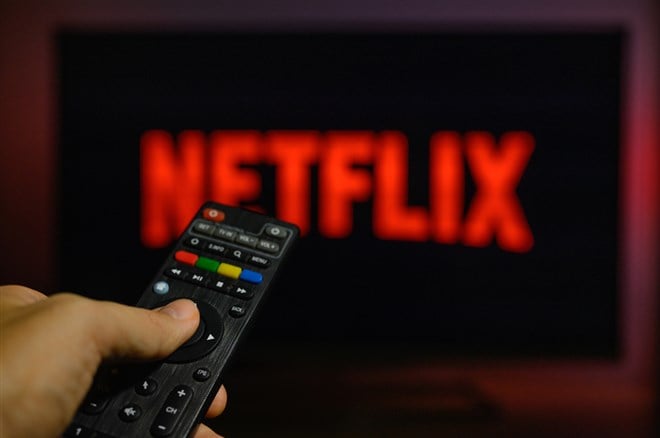
Netflix (NASDAQ: NFLX) posted its earnings this week, surprising many. The company reported losing 970,000 subscribers in Q2'22, but its profit and revenues increased. Profit surged to $1.4B, up from $1.3B, while revenue bumped to 8.6% YoY to $7.9B. Efforts were discussed to improve further its revenues and margins, including monetizing the estimated 100 million households that are not paying for the service and rolling out a lower service tier supported by advertisements. The unexpected improvement in the company's fundamentals has surprised many, which led to the stock rallying shortly after its earnings were posted.
Is Netflix Undervalued?
Some investors and analysts now consider Netflix undervalued, but it's a fairly even 50/50 split between the bulls and bears. The company currently has a 44.48% upside to the MarketBeat consensus price target of $312.71. The company is performing worse when compared to consumer discretionary companies, as they collectively have a potential upside of 140.09% and a consensus rating of buy while Netflix has a consensus rating of Hold. 11 Analysts currently rate the company has a buy, which is up from 10 one month ago, while 22 analysts rate it as a Hold.
In terms of the price-to-earnings ratio, Netflix is performing well. Its P/E ratio has made a new quarterly low of 19.64, which can be attributed to the deep discounting of its share price following the sector rotation out of tech stocks at the beginning of the year. At the beginning of last year the company's shares were trading for $602.44 and had a P/E ratio of 53.60, making today's shares significantly cheaper by comparison. It should be noted that at its peak Netflix's EPS was 11.24 when it traded at this valuation, and now it's only slightly less at $11.02.
Will Netflix Hold Up During A Recession?
Unfortunately for bulls, Netflix is in the consumer discretionary sector, and this is the first to typically see a sell-off during an economic downturn. Another factor that makes Netflix less appealing in a more defensive investing environment is that it does not pay a dividend, adversely affecting the stock's total return. Investors incur an opportunity cost when investing in Netflix as they could instead invest in a dividend-producing stock and benefit from the dividend compounding. Another aspect that makes it unappealing is that Netflix is a tech stock with a historically high 5-year volatility. Its 5-year beta stands at 1.23, making it more volatile than 54.7% of other stocks in the communication sector. Therefore, this stock's degree of risk and potential losses is higher than most of its peers on a sector basis.
Netflix Vs. Roku
Roku (NASDAQ: ROKU) is a competitor to Netflix in the movies and entertainment industry, but the companies have striking differences. For one, Roku's market cap stands at 12.22B, while Netflix has a market cap of 89.58B. This gives Roku more room to outperform Netflix and deliver higher returns to investors. For total return, NFLX's losses have been steeper than ROKU's over the last three years, with a -31.31% and -10.08% loss, respectively.
In terms of valuation, Netflix is cheaper across the most important ratios. The FWD EV/EBITDA ratio NFLX stands at 14.31, while for ROKU, this number is at 65.38. Furthermore, the P/E GAAP ratio for NFLX is 18.30, anROKU, this ratio is 89.71.





